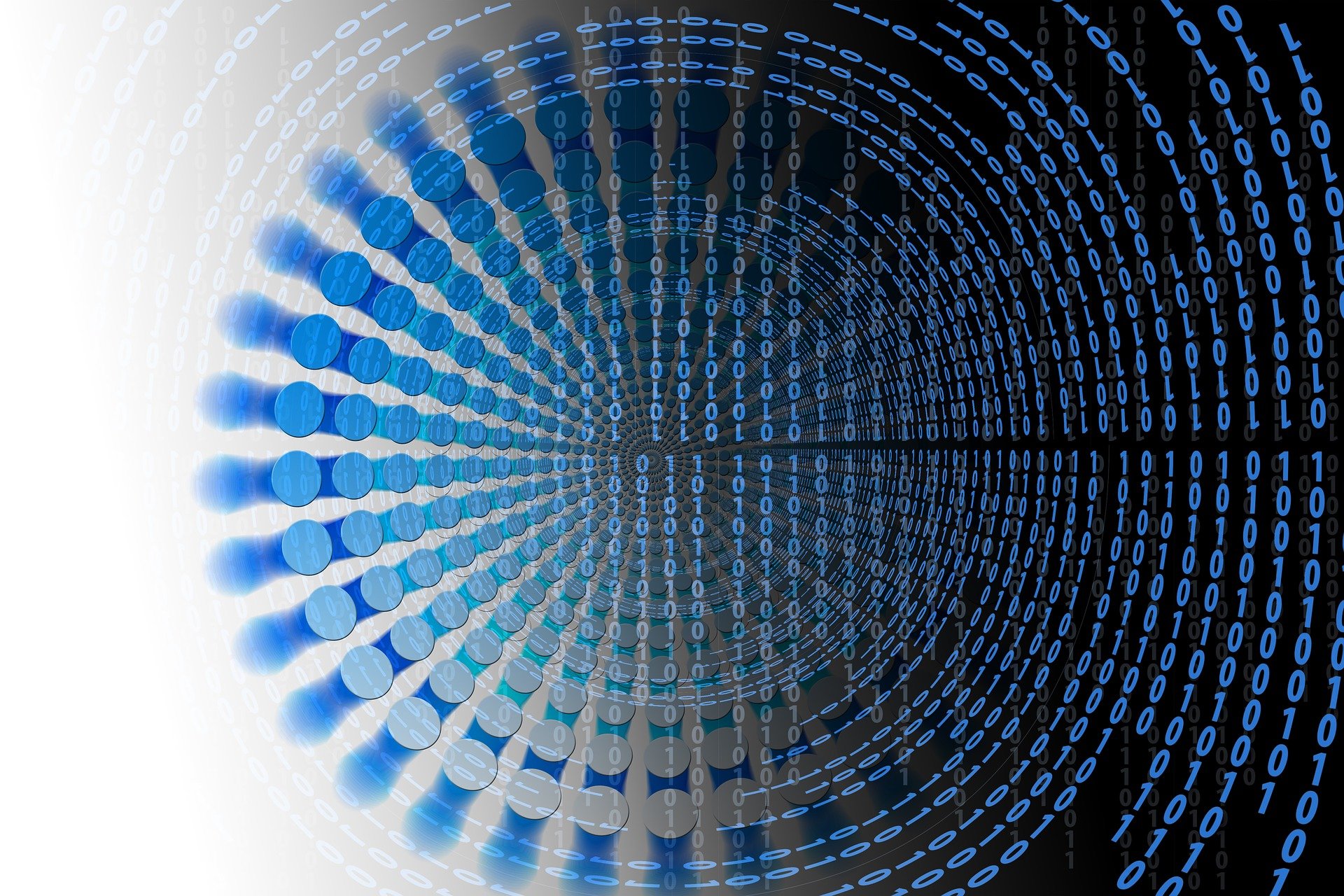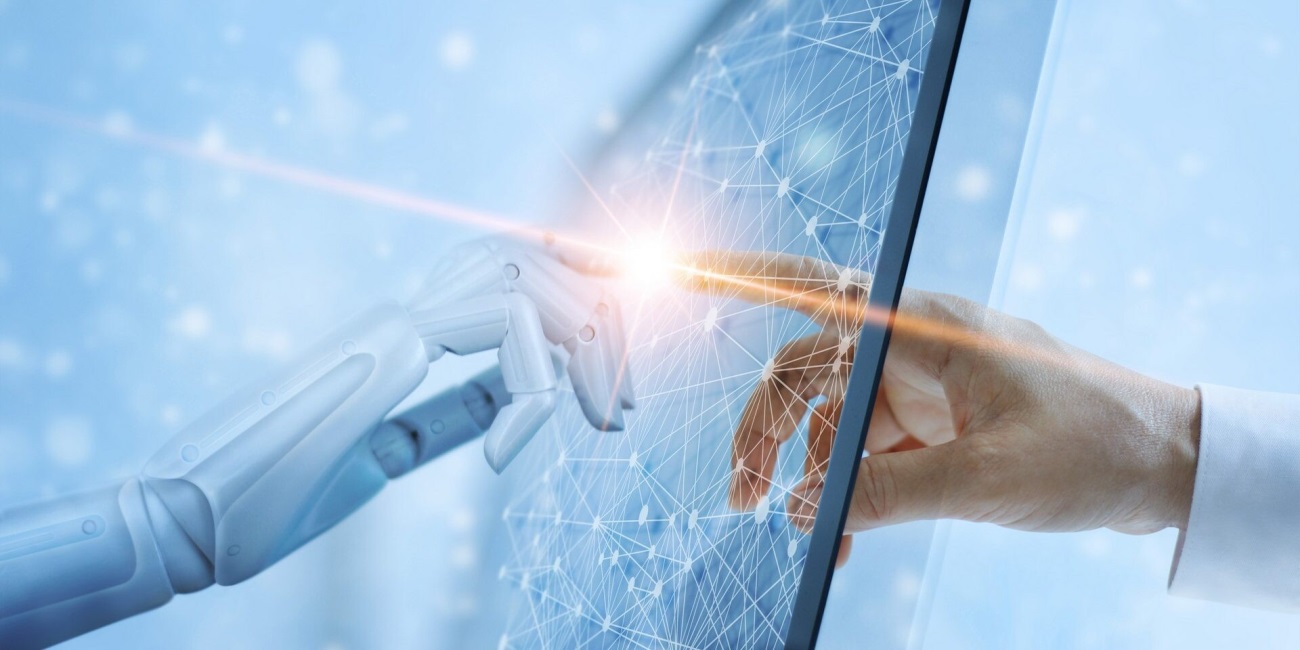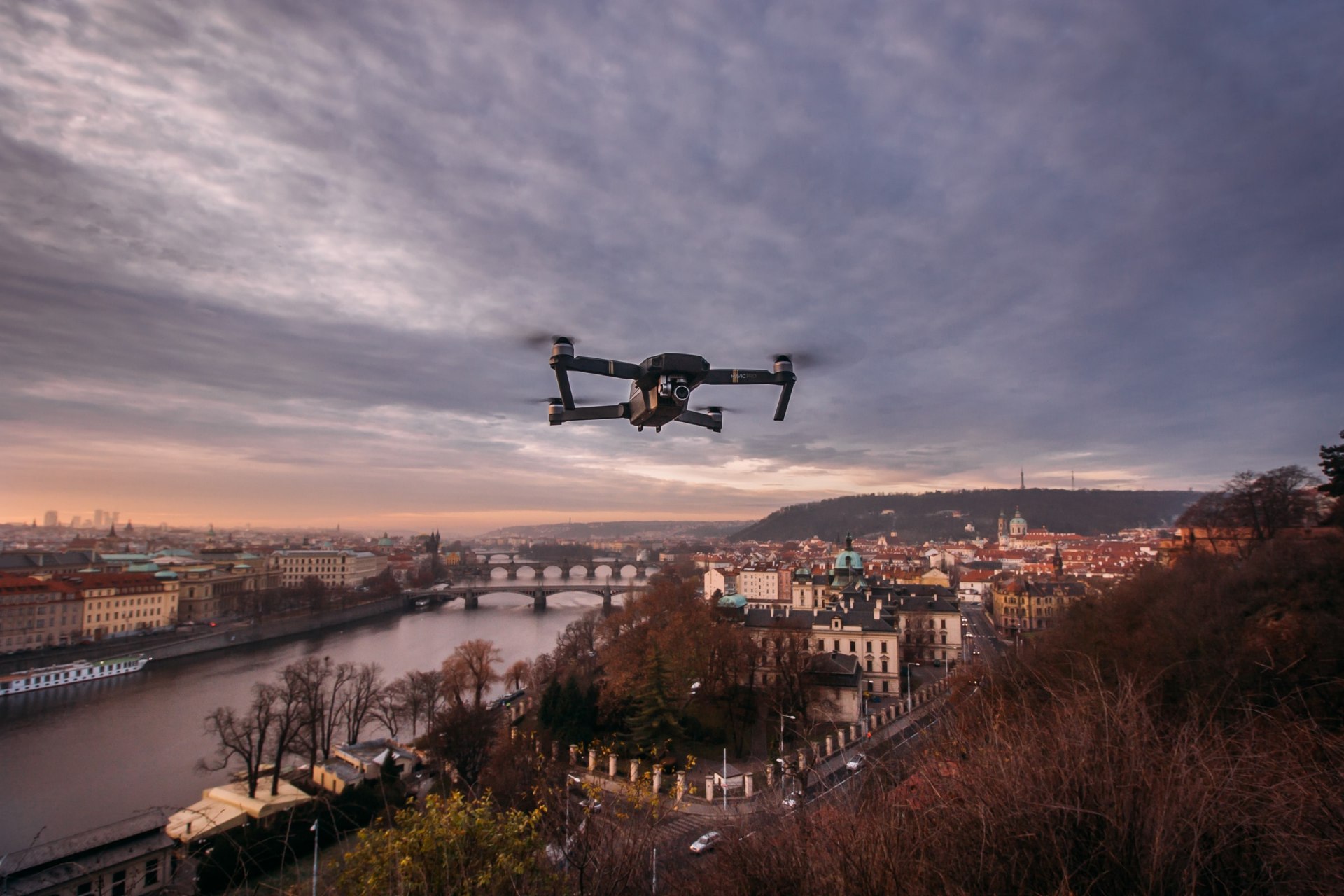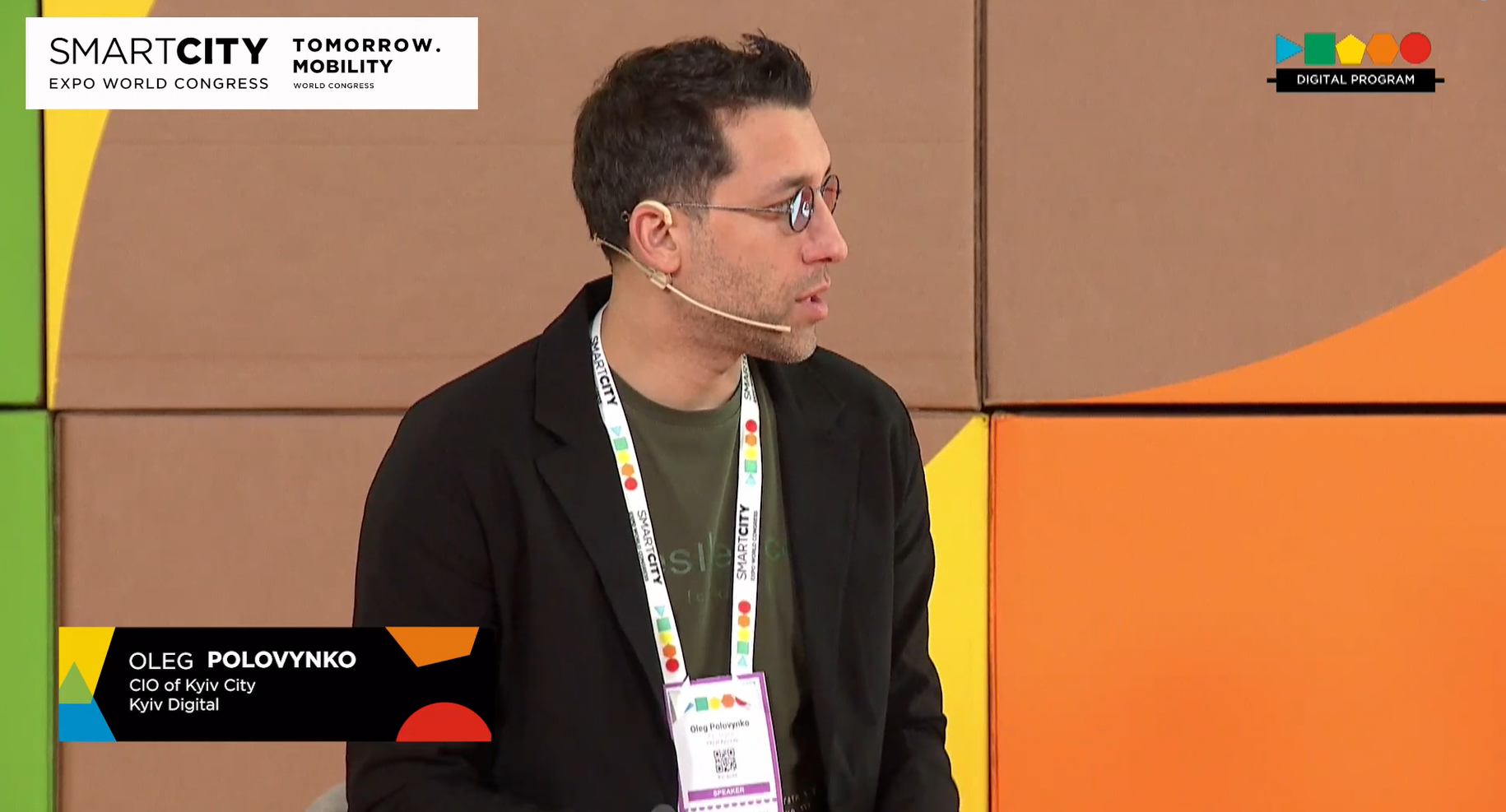*Author | Eduardo Bravo
Personal data, according to international regulations is understood as any information relating to an identified or identifiable natural person. In other words, any reference to the identity of the individual, including their name, address, phone number, medical history, photographs and even their internet searches from the moment they may serve to identify the user or their preferences.
Therefore, data that are not able to identify the person do not fall within data protection and may be used for commercial, statistical, medical or even political purposes, without any problem. The issue arises when, thanks to Big Data, these anonymous data or even data provided under fictitious identities on social media, enable the data subject to be reidentified.
Despite existing legal regulations, as with other aspects of life in society in which technology intervenes, the legislator is usually one step behind the advances of Big Data. Until 2016, the European Regulation governing this issue was a directive from 1995, a time when the internet in the everyday lives of citizens was not so present.
Furthermore, as Elena Gil explains in her work Big Data, privacy and data protection, legislators have traditionally had great trust in the capacity of users when it comes to assessing the risks of assigning their data to third persons or entities.
How does privacy affect Big Data?

Particularly, the clauses relating to the obligation of storing the minimum number of data required to provide the service, since these systems base their efficacy on the analysis of huge quantities of information.
The inappropriate use of Big Data, even when the user has voluntarily assigned his/her data, may have serious consequences for them. Mathematics, Cathy O’Neil explained in Weapons of Math Destruction , such as Big Data and algorithms do not always provide fair and objective analyses.
The programming of these algorithms depends on humans and, therefore, it may contain prejudices regarding the level of income, ethnic group, ideology, gender or sexual identity. A situation that may have consequences when it comes to accessing a mortgage, a job, or it may lead the person to have more chances of being arrested and even of receiving a longer sentence.
Then, is Big Data safe?

O’Neil revealed in her book that, sometimes, Big Data firms are more concerned with maximizing profits than of respecting ethical principles, which is why they often seek legal loopholes to achieve their objectives.
However, some firms are starting to protect the personal information collected as a result of their services. Firms such as Microsoft and Apple have started implementing stricter filters despite being dedicated to the treatment of Big Data, thus reducing the information collected and which can therefore be requested by the authorities at any given time. A circumstance that has already been verified and which opened up the debate regarding how to find a balance between the Administration and personal data; a discussion that is more current than ever given the way in which citizens’ information is being collected to control COVID-19 infections.
Images | geralt, StartupStockPhotos, pixelcreatures






















































